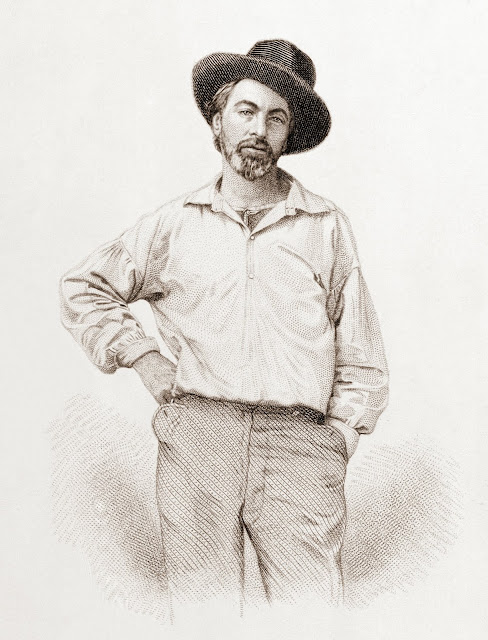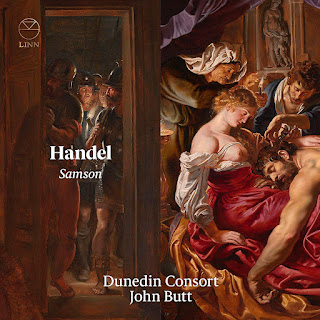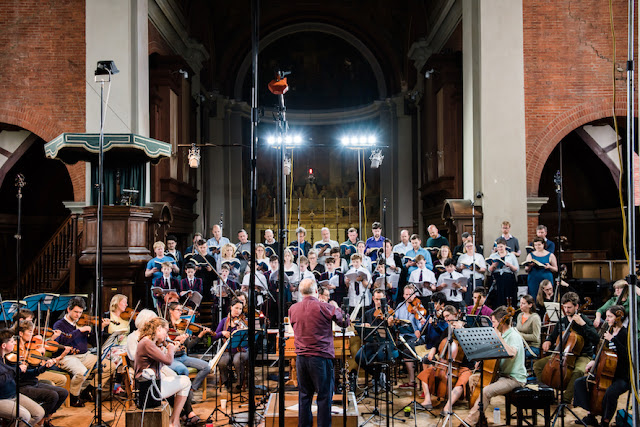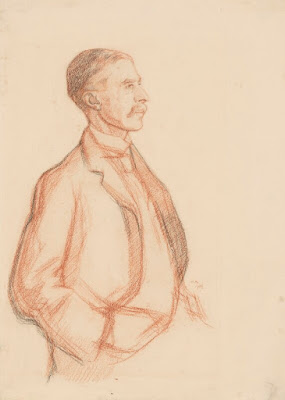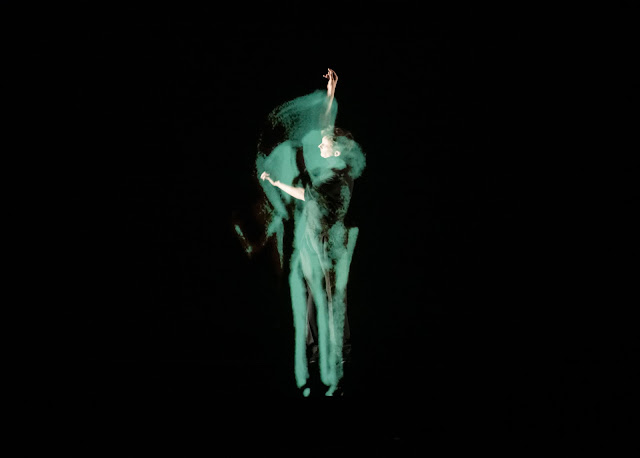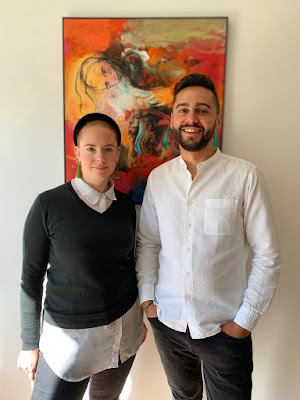 |
A Night at the Museum - Benjamin Appl,
Graham Johnson (Photo Oxford Lieder Festival) |
A Night at the Museum; Benjamin Appl, Graham Johnson, Michael Scott, Rowan Pierce, Nathaniel Mander; Oxford Lieder Festival at the Ashmolean Museum
Reviewed by Robert Hugill on 20 October 2019 Star rating: 5.0 (★★★★★)
An amazing evening at the museum combining three different events, songs inspired by Greek texts amidst Ancient Greek statues, Purcell amidst 17th century painting and a lecture in the roof-top restaurant
The complex evening at the Oxford Lieder Festival on Sunday 20 October 2019 was A Night At The Museum, which combined three events at Oxford's Ashmolean Museum. A recital by Benjamin Appl and Graham Johnson, performing songs by Schubert, George Butterworth, Peter Warlock, Lennox Berkeley and Benjamin Britten setting poetry inspired by the Ancient Greeks in the museum's Greek and Roman sculpture gallery, a recital of Henry Purcell songs by Rowan Pierce and Nathaniel Mander in one of the fine art galleries containing 17th century painting (many English), sculpture (mainly bad-tempered cardinals) and furniture, and a lecture on the influence of myth today by Michael Scott, professor of classics and ancient history at the University of Warwick.
 |
A Night at the Museum - Rowan Pierce
(Photo Oxford Lieder Festival) |
Each of these three events took place more than once, with different groups of people making their way round the museum at different times. A complex feat of organisation which worked brilliantly, though swan-like, I am sure that underneath there was a great deal of hard work that we did not see.
It was very evocative and rather moving to hear Benjamin Appl and Graham Johnson perform surrounded by the museum's fine Classical sculptures. They opened with a set of Schubert songs.
Die Götter Griechenlands (The Gods of Greece, setting Schiller) was slow and intense, with fine phrasing and full of melancholy longing. In such a close context, an intimate yet resonant acoustic, we could appreciate every detail of Appl's vocal gestures.
Der entsühente Orest (Orestes purified, setting Mayrhofer) had a strong vocal line over a rolling piano accompanied, very classical in outlines but with strong character underneath.
An die Leier (To my lyre, setting Bruchmann) was constructed almost as a sequence of aria and recitative, strong declamation alternating with lyrical aria-like moments. Finally, in this group the thrilling and terrifying
Gruppe aus dem Tartarus (Group from Hades, setting Schiller). Starting dark and intense, then ratcheting tension up until the thrilling ending. It was almost operatic in scale, with a fearsome piano accompaniment.
George Butterworth's A.E. Housman setting
Look not in my eyes used one of the poems mentioned by Jennifer Ingleheart in her afternoon lecture [see
my article], so we were well-prepared for the Classical allusions. Appl's English is good, highly expressive but with a slight tang to it which adds piquancy. Peter Warlock's
Heraclitus, setting William Cory's English translation of Heraclitus, was surprisingly complex with a striking, wayward vocal line. Lennox Berkeley's two song from
Three Greek Songs both set English versions of Ancient Greek texts.
To Aster was expressively neo-classical with a piano part constantly moving on.
Spring Song was fast and perky, with a dashing piano accompaniment. Benjamin Britten's
Sokrates und Alcibiades (from his
Sechs Hölderlin Fragmente, his only German settings) was rather austere and chromatic, becoming more lyrical towards the end.








